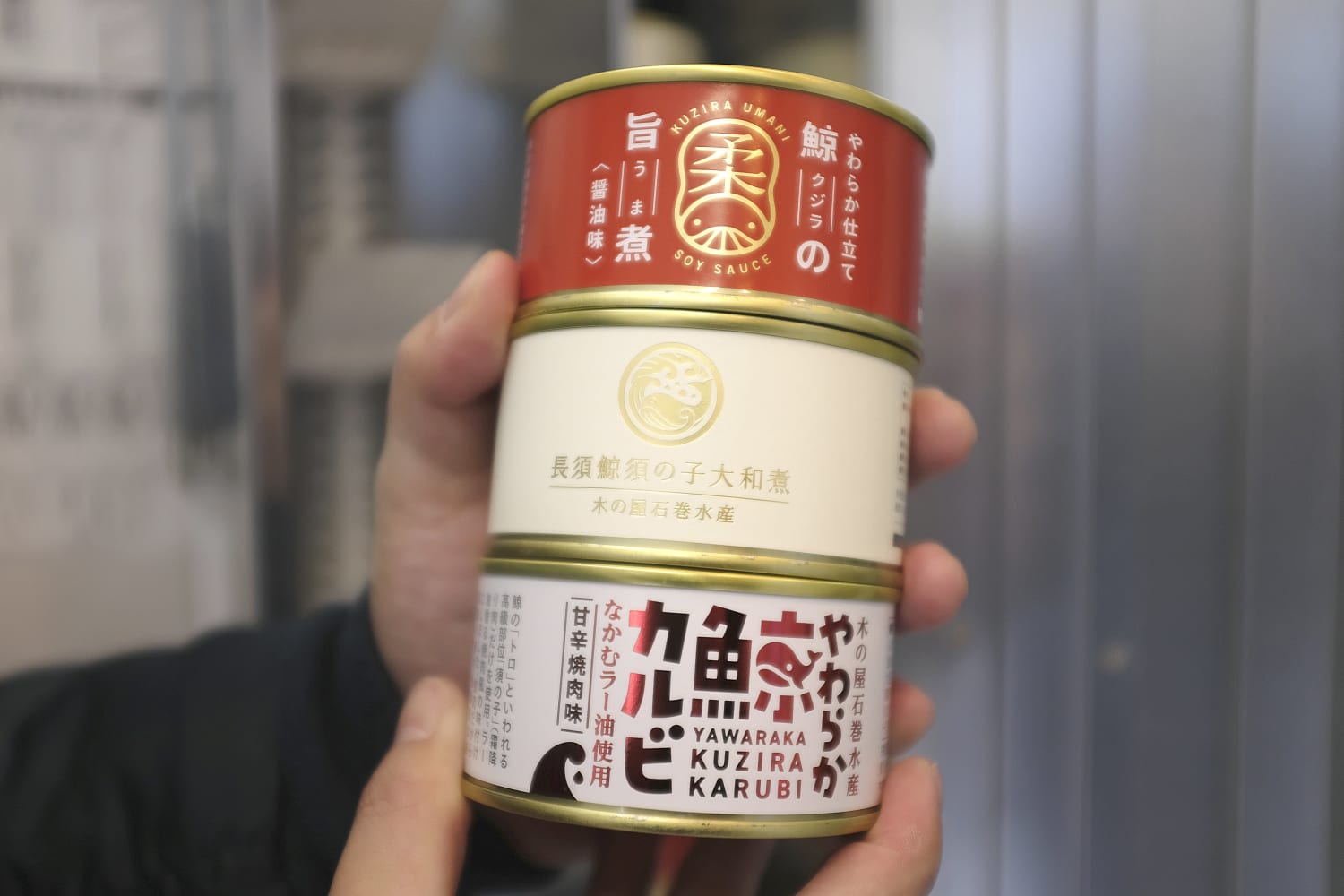[ad_1]

Whale meat was an affordable source of protein during Japan’s undernourished years after World War II, with annual consumption peaking at 233,000 tons in 1962.
Whale was quickly replaced by other meats. The whale meat supply fell to 6,000 tons in 1986, the year before the moratorium on commercial whaling imposed by the IWC banned the hunting of several whale species.
Under the research whaling, criticized as a cover for commercial hunts because the meat was sold on the market, Japan caught as many as 1,200 whales annually. It has since drastically cut back its catch after international protests escalated and whale meat supply and consumption slumped at home.
Annual meat supply had fluctuated in a range of 3,000-5,000 tons, including imports from Norway and Iceland. The amount further fell in 2019 to 2,000 tons, or 20 grams (less than 1 ounce) of whale meat per person a year, the Fisheries Agency statistics show.
Whaling officials attributed the shrinking supply in the past three years to the absence of imports due to the pandemic, and plan to nearly double this year’s supply with imports of more than 2,500 tons from Iceland.
Japan managed to get Iceland’s only remaining whaling company to hunt whales exclusively for shipment to Japan, whaling officials said. Iceland caught only one minke whale in the 2021 season, according to the IWC.
Criticizing Iceland’s export to Japan, the International Fund for Animal Welfare said it “opposes all commercial whaling as it is inherently cruel.”
With uncertain outlook for imports, Kyodo Senpaku wants the government to raise Japan’s annual catch quota to levels that can supply about 5,000 tons, the level Kubo describes as the threshold to maintain the industry.
“From a long-term perspective, I think it would be difficult to sustain the industry at the current supply levels,” Kubo said. “We must expand both supply and demand, which have both shrunk.”
With the extremely limited supply, whale meat processing cannot be a viable business and may not last for the next generations, he added.
Yuki Okoshi, who started serving whale meat dishes at his Japanese-style seafood restaurant three years ago when higher quality whale meat became available under commercial whaling, said he hopes whale meat supply will stabilize.
Okoshi noted dwindling whale meat supply in recent years and said “the future of the whale industry depends on whether customers need us, and perhaps restaurants like us that are closest to consumers hold the key to survival.”
“Whaling can be a political issue, but relationships between the restaurant and our customers is very simple,” Okoshi said. “We serve good food at reasonable prices and customers are happy. That’s all there is to it.”
[ad_2]
Source link
